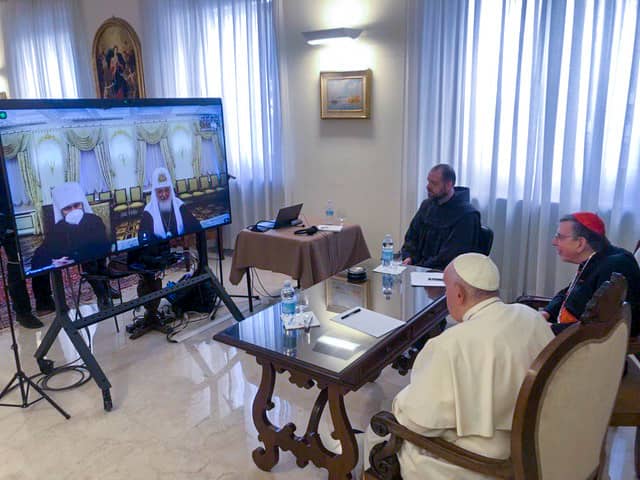ROME – It is common to mention “first world problems” when discussing issues which only bother affluent societies, and pale in comparison to the issues affecting those in developing countries.
A bad Wi-Fi connection or Starbucks running out of Maple Pecan Latte might ruin your day, but you would be embarrassed to mention it in a place where a transistor radio is considered a luxury and clean drinking water means a 2-mile hike.
However, the ongoing Vatican abuse summit, which began on Thursday and runs until Sunday, is showing signs that the reverse can also be true: “Third world problems” – such as cultural taboos on sexual matters – can put the kibosh on universal Church norms to fight the sexual abuse of minors.
For example, Philippine Cardinal Luis Antonio Tagle of Manila, the opening speaker at the event on Thursday, told Vatican Media – an official service of the Vatican’s Dicastery for Communication – that the Church has “to really be patient, and maybe work through the cultures.”
“I have visited a number of countries already… where even discussing sexual matters, discussing the children, minors, is quite taboo. So, a lot of abuse that’s happening in the homes, in schools, in parishes, you know, you don’t talk about them. It’s taboo,” the cardinal said. “So, the awareness, I think, would have to pass through cultures. We cannot just legislate. Legislation without a consideration of cultural change … I’m sure those cultures also have their own ways of being aware of the problems.”
Tagle said the Church needs to listen to other cultures and develop tools “to detect what they are manifesting in an unspoken manner.”
“Because we just presume that everyone understands our language, that we understand each other. But maybe not,” he told the Vatican news service.
This attitude echoes what Jesuit Father Hans Zollner told Crux just ahead of the summit.
“There can be no one-size-fits-all guideline for the whole Church, because our languages do not translate certain concepts, the law systems are completely different, the political and social situations are very diverse. And if Rome comes and gives everybody one guideline, everyone thinks things are solved once and for all,” he said.
Zollner, head of the Center for Child Protection at Rome’s Pontifical Gregorian University and a member of the Pontifical Commission for the Protection of Minors, is a member of the organizing committee for the February meeting.
These are valid considerations. After all, a bishop in a country where girls commonly get married at 16, or younger, might not understand why a priest who has sex with a 17-year-old should be treated as a child abuser. Another bishop might not want to publicize an abuse case because the victim could be ostracized in the community.
However, there is a danger that these very real concerns could be used as an excuse not to implement effective universal Church laws on dealing with sexual abuse – the exceptions that will prevent the rules.
Countries that have been dealing with the sexual abuse crisis for decades – such as the United States, Ireland, Germany, and England – have developed extensive guidelines and procedures for dealing with abuse allegations.
Although not perfect, these countries have seen cases of clerical abuse drop considerably.
In many of these countries, the same cultural problems being cited as preventing a “one size fits all” solution were also present. The United States had taboos about child sex abuse – especially in the family – into the 1980s, and Ireland’s last Magdalene laundry for “fallen women” closed in 1996.
The objections being cited by some bishops – mostly in Africa and Asia, but also in European countries including Italy – to ideas such as zero tolerance and reporting requirements would have been common during deliberations in Baltimore in the 1990s.
In other words, the “Third World problems” of today were the same “First World problems” of 20 years ago. The cultural divide has more to do with time than language or custom.
And time is growing short. The sexual abuse crisis has been moving from country to country for 30 years, following a familiar pattern: A prominent case hits the news, the media then begins to investigate, widespread abuse and cover-up is revealed, and the Church is finally forced to act.
First it was Ireland and the United States, then several European countries. Last year, the crisis hit Latin America. This year, the situation in Poland looks likely to explode. What region will be next?
The experience of those churches that have gone through this drama could be used to help put policies in place which might help churches in other parts of the world get ahead of the problem.
This summit is the time to do that.
It would be a tragedy if “cultural differences” were used as an excuse to stop it from happening.

















